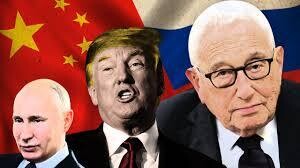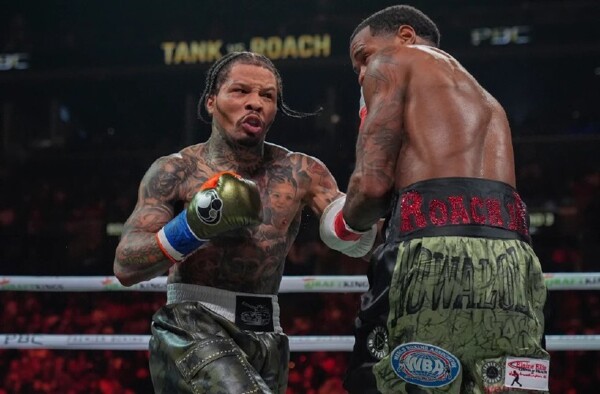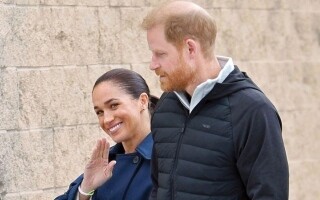
Actions aimed at reordering the global geopolitical landscape are underway, with the goal of ending the global war and increasing levels of international peace and security. This scenario dates back to the Russian invasion of Ukraine, marking what has been termed the 'First Global War.' Carlos Sánchez Berzain comments on the change in the global status quo, influenced by the actions of the United States under the leadership of President Trump in the first month of his term. An active and strategic approach is highlighted to modify situations of aggression, end conflicts, and manage tensions that have led to this global war and the ongoing attack on democracies through 'Hybrid Warfare' operations.
The core of these actions includes the protection of Ukraine and European security against the perceived threat from Russia, which has allied with China following the Ukrainian invasion. The possibility of integrating Russia into the European bloc is proposed, which could balance China's influence. This change in Russia's geopolitical position, from an enemy of the West to a non-ally of China, could represent the first step to following a strategic recommendation that has been pending since the dissolution of the Soviet Union, which would involve incorporating Russia into the democratic and security system of the West.
It is noted that the current global war differs from a world war in that it does not involve widespread armed action among the majority of countries in the world, but is carried out through a variety of means and strategies, including conventional and irregular forces, such as insurgency, terrorism, migration, cyberattacks, and more. In this context, Trump has shown an approach that addresses both the global war and hybrid warfare, with interactions with governments in the Americas, peace initiatives between Russia and Ukraine, actions in the Middle East, support for Israel, among other strategic moves on a global level.
There are concerns and tensions on several international fronts, such as the front between Russia and Ukraine, which remain the subject of complex negotiations. Furthermore, the global war has expanded with other events, such as the terrorist attack by Hamas against Israel. Western democracies support Ukraine economically and politically, imposing sanctions on Russia, while this country has strengthened relations with various dictatorships and powers such as China, Iran, and North Korea to counter international pressures.
The current scenario involves economic and geopolitical challenges, with implications for regional energy markets, the balance of power among different powers, and migration flows, among other aspects. The complexity of this 'Global War' presents a global outlook in which no nation involved can be considered neutral, and in which the consequences extend beyond armed conflicts to also encompass political, economic, and technological realms.














